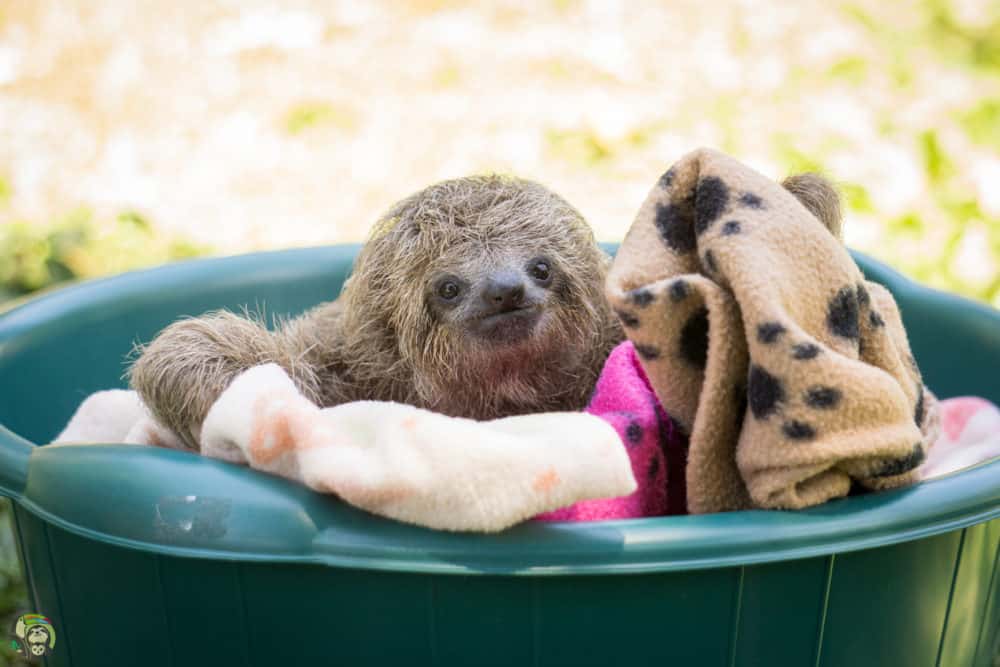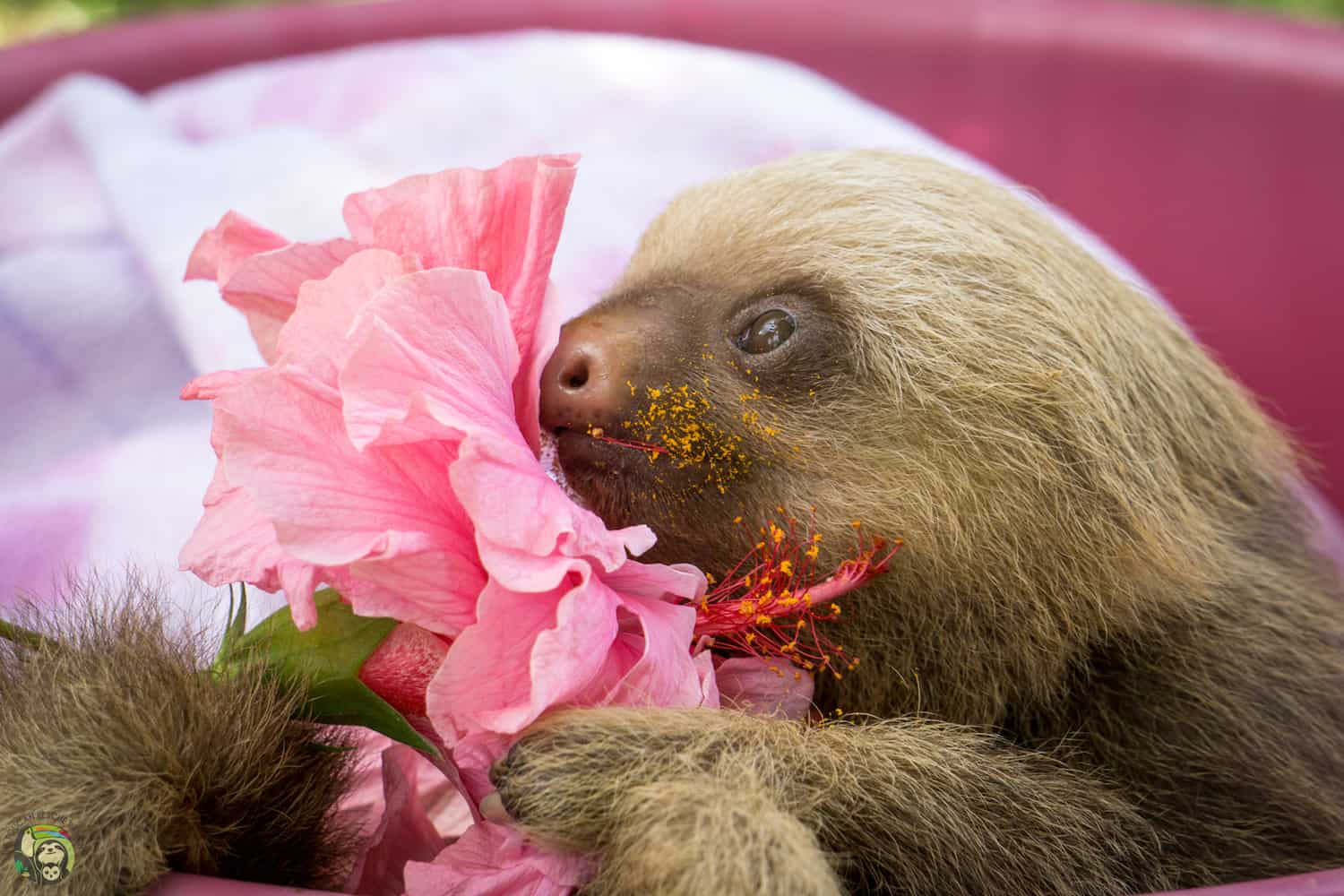During these strange times, when the majority of the human population is staying inside, we are seeing an interesting phenomenon. Throughout the world, wild animals are coming out of the woodwork, so to speak, and are wandering into their historical ranges, long since occupied by humans.
The sloth is an interesting creature,
His long claws make him quite a reacher,
But please don’t be fooled,
It’s time you were schooled,
For his teeth are the sloth’s sharpest feature!
– Denise Gillen
Sloths seem to be one of the wanderers that we encounter on occasion when they are forced to venture out of their comfort zone, high up in the tree canopy. They often need to go in search of more food in distant trees, and unfortunately, this is usually when they get into trouble. As some of the slowest mammals on earth, venturing out into the man-made world presents many more perils for them than other wild animals that could quickly escape from a potentially dangerous situation.
The above ditty is a reminder that sloths — especially Hoffman’s two-fingered sloths — while appearing to be slow, gentle creatures, are anything but. Should you encounter one that seems to be in need of some sort of help, whether it’s trying to cross the road or is obviously injured, do not attempt to handle it. They are surprisingly fast in their movements, and are very aggressive, even when they have extensive injuries. Their front teeth are like fangs and are not only sharp and faceted like spear points, but they are dirty and full of bacteria. A sloth bite can cause a deep wound, leading to a potentially nasty infection. Their claws are sharp, and if they grab you, they can scratch or puncture your skin and could even possibly break a finger.
If you come across a sloth crossing the road, your best course of action is to try to alert approaching drivers, so they can slow down or even stop and allow it to continue on its own. Because the Hoffman’s 2-fingered sloths are much faster than we give them credit for, it shouldn’t take too long for them to get from Point A to Point B. The Brown-throated 3-fingered sloths are much slower and less aggressive, but they are also wild animals and can still put up a fight.
If you encounter a sloth that is injured or appears to be an abandoned baby, call the Environment Ministry (MINAE) / National System of Conservation Areas (SINAC) immediately, so they can be taken to an accredited facility like Toucan Rescue Ranch, in San Isidro de Heredia, where they will be cared for and eventually released back into the wild. Click here for a list of SINAC phone numbers.

One last thing: While they appear to be cute and cuddly, baby two-fingered sloths are born with very sharp teeth and can be as aggressive as adult sloths. If you find an abandoned or injured youngster, you can remove it, carefully, from immediate danger. This can be more easily accomplished by wrapping it in a blanket and placing it in a quiet area. Call the authorities immediately. Please do not try to keep it or feed it. It is not only illegal to keep native wildlife in Costa Rica, but orphaned sloths are some of the most challenging animals to hand-raise. It’s best to leave that to the professionals.
Even in these difficult times with most of the world being in lockdown, our facility, like others, must still feed and care for native wildlife that requires rehabilitation for eventual release. More animals wandering out into temporarily unpopulated areas means more potential patients that might arrive on our doorstep, yet without tourist dollars, we are all hurting. Please be aware of wandering wildlife when you do have to venture out in your car, and also consider donating to facilities like ours, to help us continue meeting our goal of releasing our patients back into the wild.
Stay safe everyone.
— Denise Gillen is an Animal Support Volunteer at Toucan Rescue Ranch.
This article was produced by The Toucan Rescue Ranch. The Toucan Rescue Ranch specializes in helping wild animals recover so that they can be reintroduced into the wild.






